TL;DR: Is Saccharomyces cerevisiae Yeast in Our Extracts?
- No shortcuts. No yeast. Independent labs found zero traces of saccharomyces cerevisiae yeast regular or purified in our mushroom extracts.
- How we checked: PCR (for yeast DNA) and microscopy (for purified yeast extract) were used for complete transparency.
- Scope: All nine extracts were tested for yeast saccharomyces cerevisiae DNA. Cordyceps, Chaga & Reishi received extra scrutiny for purified yeast, based on the questions we received.
- The result: Antioxi beta-glucan numbers come solely from mushrooms never from shortcuts.
Quick Index
"When our community had questions, we didn’t brush them off, we ran the tests. That’s what trust looks like to us." — Antioxi Team
Some supplement brands have been called out for artificially boosting beta-glucan numbers using yeast saccharomyces cerevisiae. When similar claims surfaced about Antioxi, we didn’t just talk we tested. That’s the only way to set the record straight.
Our entire mushroom extract range was analyzed by independent, ISO-accredited labs, including Helix Laboratory and Alkemist Labs. Because trust demands evidence, not just reassurance.
How Did Helix Laboratory & Alkemist Labs Test Our Mushroom Extracts?
The science matters. Some companies have used saccharomyces cerevisiae yeast (better known as baker’s yeast) to stretch their numbers much like using breadcrumbs in a recipe instead of real mushrooms. We wanted clear answers, so we chose two advanced methods:
-
PCR DNA screening (Helix): Detects regular yeast saccharomyces cerevisiae at the DNA level.
Tested on all: Lion’s Mane, Turkey Tail, Chaga, Cordyceps, Maitake, Reishi, Agaricus Blazei, Tremella, Shiitake. -
Microscopy (Alkemist): Used for purified yeast that may not show up in DNA tests.
Applied to Cordyceps, Chaga, and Reishi our most questioned extracts.
For the rest, hot water extraction naturally yields higher beta-glucans no fillers required.
Saccharomyces cerevisiae Yeast Lab Results
| Mushroom | Saccharomyces cerevisiae | DNA-Free Confirmation |
|---|---|---|
| Lion’s Mane | Not Detected | — |
| Turkey Tail | Not Detected | — |
| Chaga | Not Detected | Not Detected |
| Cordyceps | Not Detected | Not Detected |
| Maitake | Not Detected | — |
| Reishi | Not Detected | Not Detected |
| Agaricus Blazei | Not Detected | — |
| Tremella | Not Detected | — |
| Shiitake | Not Detected | — |
Why Does This Matter for You?
You deserve real, effective mushroom supplements—not shortcuts. Our data proves that every Antioxi product is free of saccharomyces cerevisiae yeast, guaranteeing beta-glucans from mushrooms alone. It's a difference you can trust and feel.
FAQ: Saccharomyces cerevisiae Yeast & Supplements
Saccharomyces cerevisiae is a species of yeast commonly used in baking, brewing, and winemaking. It is also used in scientific research and sometimes appears as an ingredient or contaminant in food and supplements.
Saccharomyces cerevisiae is pronounced: sack-uh-row-MY-sees sair-uh-VISS-ee-eye.
No, saccharomyces cerevisiae is not a bacteria. It is a type of yeast, which is a fungus.
The life cycle of saccharomyces cerevisiae involves both haploid and diploid stages, reproducing either sexually or asexually. It is often studied as a model organism in genetics and cell biology.
Under a microscope, saccharomyces cerevisiae yeast cells appear as oval-shaped, single-celled organisms. They often form small clusters and can be observed budding (reproducing) under the right conditions.
Saccharomyces cerevisiae is used in baking (bread making), brewing (beer and wine), nutritional supplements, probiotics, and laboratory research.
Some supplements and probiotics contain live saccharomyces cerevisiae, valued for digestive and gut health support. Antioxi mushroom extracts do not contain any added yeast or saccharomyces cerevisiae.
Saccharomyces cerevisiae is a unicellular organism with a cell wall, nucleus, and internal organelles, much like other fungi.
An anti-saccharomyces cerevisiae antibody (ASCA) test is a medical test used to detect immune responses to yeast, often as part of diagnosis for Crohn’s disease or other digestive disorders.
Saccharomyces cerevisiae ab IgG refers to a specific antibody produced by the immune system against saccharomyces cerevisiae. High levels may indicate an immune response to yeast in the body.

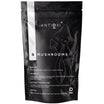
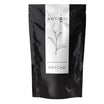
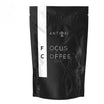
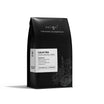
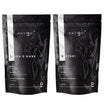
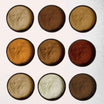


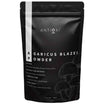
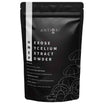
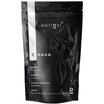
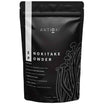
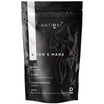
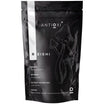
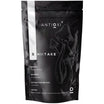
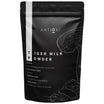
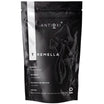
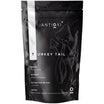


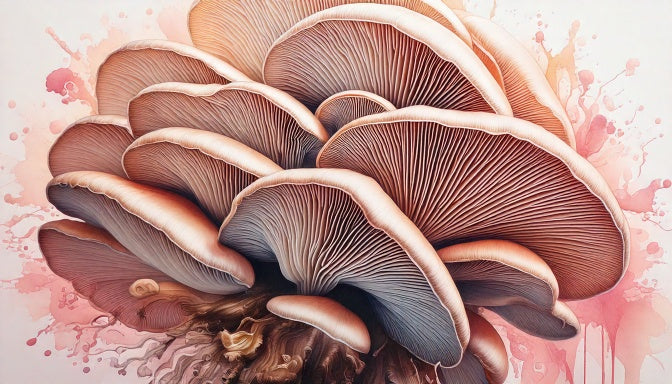
Leave a comment
All comments are moderated before being published.
This site is protected by hCaptcha and the hCaptcha Privacy Policy and Terms of Service apply.